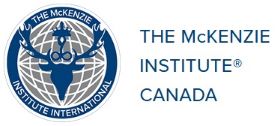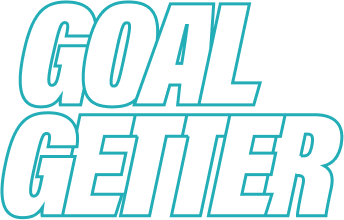McKenzie MDT Part C Calgary, March 2025
Details
Mechanical Diagnosis and Therapy® MDT: The Part C course will review and advance the theory and practical application of MDT in relation to the Lumbar Spine and introduce the concept of MDT in the management of lower extremity musculoskeletal disorders. Problem solving, reflective learning and clinical reasoning activities are utilised to ensure the participant has a broader knowledge of MDT in the biopsychosocial framework of the musculoskeletal experience. The participants will have the opportunity to discuss and extensively practice the MDT assessment, classification and management process through workshops, discussions, and patient demonstrations.
MCKENZIE MDT PART C – SCHEDULE (MOUNTAIN TIME)
4 Sessions / 1 Online & 3 In-clinic
Session 1: Online, complete at your own pace, approximate duration 7 hours. Completion deadline: 12MAR, 2025
Session 2 FRI/14MAR: In-clinic Bonavista Physical Therapy, Calgary, AB 1:30PM–7:45PM
Sessions 3 SAT/15MAR: In-clinic Bonavista Physical Therapy, Calgary, AB 8:00AM–5:15PM
Sessions 4: SUN/16MAR In-clinic Bonavista Physical Therapy, Calgary, AB 8:00AM–5:00PM
Legitimate patient demonstrations with follow-up appointments take place during the course.
Instructor: Fiona MacKenzie, PT, Dip. MDT
Fee: $795.00
Part C Course Page Link
MICanada website: www.mckenzieinstitutecanada.org
Course Outline Includes:
• Centralization of pain and recovery of function
• Exercises not taken far enough vs. inadequate time for reduction
• Patient instructions and exercises performed 'actively'
• Extension and flexion principles
• Extension in the presence of a lateral shift
• Adherent nerve root, sacroiliac and hip, knee and ankle joints
• Technique practice and clinician confidence
• Patient demonstration, analysis and discussion
FEEDBACK FROM FELLOW CANADIAN CLINICIANS ON RECENT COURSES:
• Since taking part C, I have become more confident with using the MDT method. I have a greater understanding of classifications in the 'other' category. Over the past few days, I have been re-assessing patients with a seemingly extremity issue with MDT who I previously classified using a patho-anatomical approach. It is amazing to see how often there is a spinal source and how in many cases, rapid improvement occurs. It truly amazes the patient...and me. I will definitely take part D in the future. Thanks Richard!
• It has helped me to classify patients and also to understand that it isn't bad when it's not a simple derangement. The classification system helps guide us toward appropriate intervention for the other classifications. My patients are seeing improved results and reduction of symptoms when following the MDT method.
• MDT courses have always given me new skills, tools and ideas to try on Monday at the clinic after returning from the course. I often think of current/past clients during the course thinking ahhh, this technique or this principle may help. So clinically relevant, so immediately impactful on caseloads, without needing to spend hours and hours fine tuning your therapeutic skills.
WHAT TO EXPECT:
Problem solving, reflective learning, clinical reasoning, practical activities and patient demonstrations are utilised to ensure participants gain a broader knowledge of MDT, within the biopsychosocial framework.
Participants will have the opportunity to discuss and extensively practice the MDT assessment, classification and management process, including the application of both self-treatment and clinician procedures.
Patient demonstrations are used to illustrate the reassessment process and allow participants to get a realistic impression of the impact of the MDT system on different patient presentations, over 2-3 treatment sessions.




